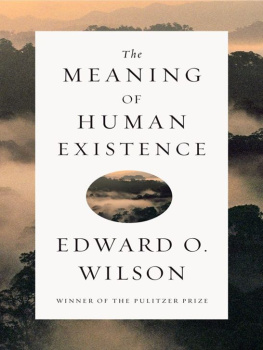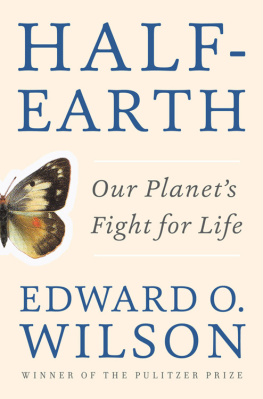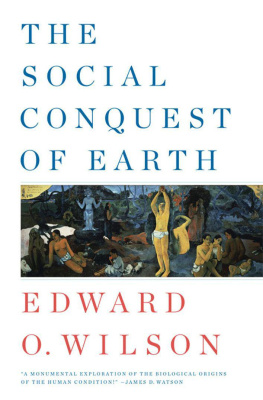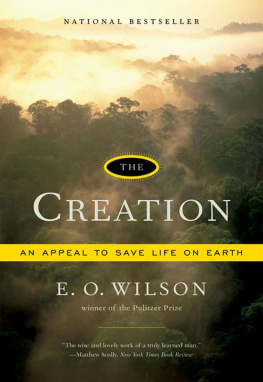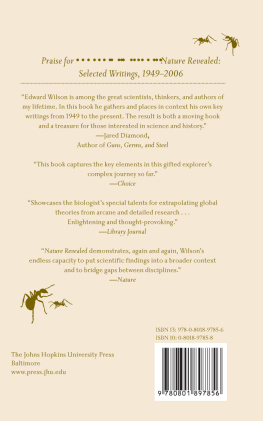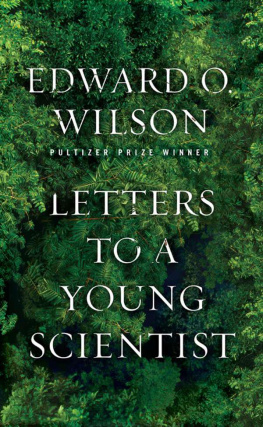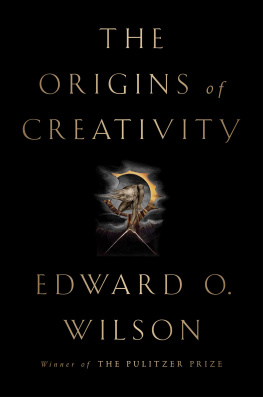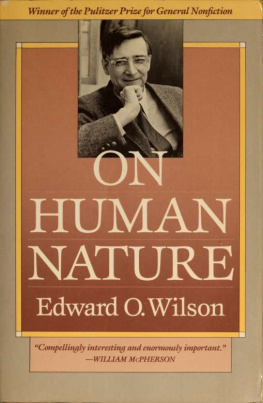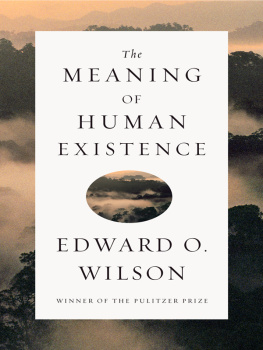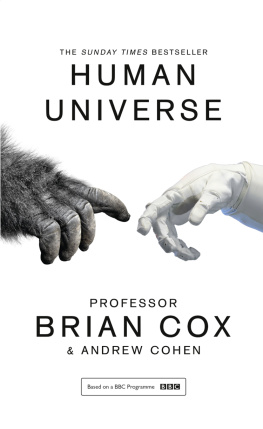Edward O. Wilson - The Meaning of Human Existence
Here you can read online Edward O. Wilson - The Meaning of Human Existence full text of the book (entire story) in english for free. Download pdf and epub, get meaning, cover and reviews about this ebook. year: 2014, publisher: Liveright, genre: Romance novel. Description of the work, (preface) as well as reviews are available. Best literature library LitArk.com created for fans of good reading and offers a wide selection of genres:
Romance novel
Science fiction
Adventure
Detective
Science
History
Home and family
Prose
Art
Politics
Computer
Non-fiction
Religion
Business
Children
Humor
Choose a favorite category and find really read worthwhile books. Enjoy immersion in the world of imagination, feel the emotions of the characters or learn something new for yourself, make an fascinating discovery.
- Book:The Meaning of Human Existence
- Author:
- Publisher:Liveright
- Genre:
- Year:2014
- Rating:5 / 5
- Favourites:Add to favourites
- Your mark:
The Meaning of Human Existence: summary, description and annotation
We offer to read an annotation, description, summary or preface (depends on what the author of the book "The Meaning of Human Existence" wrote himself). If you haven't found the necessary information about the book — write in the comments, we will try to find it.
How did humanity originate and why does a species like ours exist on this planet? Do we have a special place, even a destiny in the universe? Where are we going, and perhaps, the most difficult question of all, Why?
In The Meaning of Human Existence, his most philosophical work to date, Pulitzer Prizewinning biologist Edward O. Wilson grapples with these and other existential questions, examining what makes human beings supremely different from all other species. Searching for meaning in what Nietzsche once called the rainbow colors around the outer edges of knowledge and imagination, Wilson takes his readers on a journey, in the process bridging science and philosophy to create a twenty-first-century treatise on human existencefrom our earliest inception to a provocative look at what the future of mankind portends.Continuing his groundbreaking examination of our Anthropocene Epoch, which he began with The Social Conquest of Earth, described by the New York Times as a sweeping account of the human rise to domination of the biosphere, here Wilson posits that we, as a species, now know enough about the universe and ourselves that we can begin to approach questions about our place in the cosmos and the meaning of intelligent life in a systematic, indeed, in a testable way.
Once criticized for a purely mechanistic view of human life and an overreliance on genetic predetermination, Wilson presents in The Meaning of Human Existence his most expansive and advanced theories on the sovereignty of human life, recognizing that, even though the human and the spider evolved similarly, the poets sonnet is wholly different from the spiders web. Whether attempting to explicate The Riddle of the Human Species, Free Will, or Religion; warning of The Collapse of Biodiversity; or even creating a plausible Portrait of E.T., Wilson does indeed believe that humanity holds a special position in the known universe.
The human epoch that began in biological evolution and passed into pre-, then recorded, history is now more than ever before in our hands. Yet alarmed that we are about to abandon natural selection by redesigning biology and human nature as we wish them, Wilson soberly concludes that advances in science and technology bring us our greatest moral dilemma since God stayed the hand of Abraham.
Edward O. Wilson: author's other books
Who wrote The Meaning of Human Existence? Find out the surname, the name of the author of the book and a list of all author's works by series.

